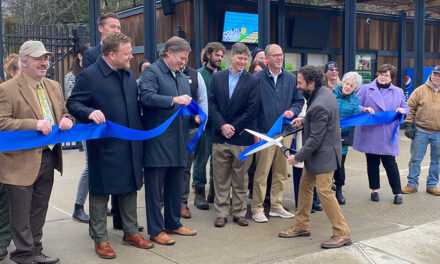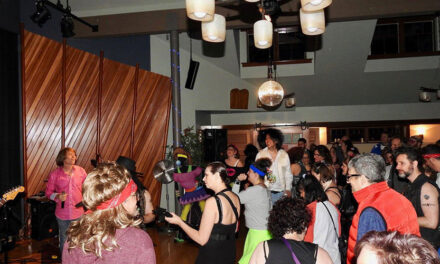Published November 23, 2018
MELROSE — It’s official: Voters will be asked at a special election in April whether they want their property taxes raised so the city and its schools can keep providing adequate services.
Monday night the aldermen voted 10-1 to put a $5.18 million Proposition 2 1/2 override request on the ballot at a special election on April 2, 2019. Alderman-at-Large Monica Medeiros, a fiscal conservative, was the dissenting vote. She has complained recently about the lack of information coming from City Hall and the School Department regarding projected demographics, school enrollments and overall financial forecasts.
Supporters have said passage of the override is vital for the city.
Gail Infurna, for example, has been talking about an override of Proposition 2 1/2 since she became the mayor earlier this year.
Working with her administration, Infurna has created a proposal that will address the city’s revenue limitations by asking for a tax override of Proposition 2½, a state law that caps a city’s ability to raise taxes from one year to the next. The proposal aims to address several factors that have contributed to the city’s budget challenges: increasing student enrollment, permanent reductions in state funding and the need to recruit and retain quality teachers.
The override request totals $5.18 million and includes adding necessary teaching and school staff positions ($1,905,000); funding classroom space and infrastructure to meet enrollment needs ($675,000); eliminating the funding shortfall created by permanent reductions in state funding ($750,000); and addressing recruitment and retention of quality teachers by funding salary increases for Melrose Public School employees ($1,850,000).
The average Melrose single family residence has an assessed value of $538,000. The override would cost approximately $554/year (or $46/month) in additional property taxes. For homes valued higher or lower, this number would be adjusted accordingly.
While the money is specifically allotted to the schools, Infurna has emphasized that it would benefit the entire community.
“We have been struggling to meet state-required minimum funding for our school district for years, at the expense of the other departments in the city,” Infurna said. “Providing additional funding for the school district will stabilize our total city budget, enabling us to maintain valuable services throughout the city.”
Infurna and her administration stress that an override is essential if the city is to maintain services at the current level. Without passage, drastic cuts “are inevitable.”
School enrollment has increased by more than 230 students since 2013. Preliminary results from the city’s latest demographic study indicate this trend will continue through at least 2024. The crush of kids means the district needs to hire more teachers, administrators and support staff. Space will be needed to accommodate these students as well.
The state, according to the information supplied by the mayor, continues to cover only a small portion of the total funds Melrose is required to spend on education. “Currently, Melrose hovers just a few percentage points above the required minimum. If we do not meet this bare minimum, the state will not allow us to set our tax rate and the city and schools risk losing other state funding.”
The mayor continued that, on average, Melrose teachers “are among the lowest paid in the state. Staff positions have been eliminated across the district in order to hire additional teachers at the younger grades to meet enrollment needs. As a result, teachers are educating larger class sizes with fewer support staff. A new contract for Melrose teachers will be negotiated this year and the city needs to ensure adequate funding is available to provide teachers with competitive salaries.”
It is important to note that an override of Proposition 2 1/2 will raise $5.18 million in additional money every year forever.
The $1,905,000 needed to add teachers and support staff, according to the mayor’s administration, would be used to hire four middle school teachers to restore the middle school team model; two department heads in Social Studies and Science at the middle and high schools; four high school teachers; seven aides, and one high school guidance counselor.
Also hired: four elementary teachers, two elementary specialists, one elementary assistant principal, two elementary social workers and one English as a Second Language teacher.
The $675,000 requested to fund classrooms and infrastructure to meet enrollment demands would include reclaiming the currently-leased Beebe School property “to ensure availability of up to 12 additional classrooms of space, the configuration of which will be part of a long-term planning process by the School Committee.”
Also, the classroom supply budget would be restored to appropriate levels for needed materials, books and curriculum materials to meet state learning standards would be purchased, and the district’s technology infrastructure would be modernized.




